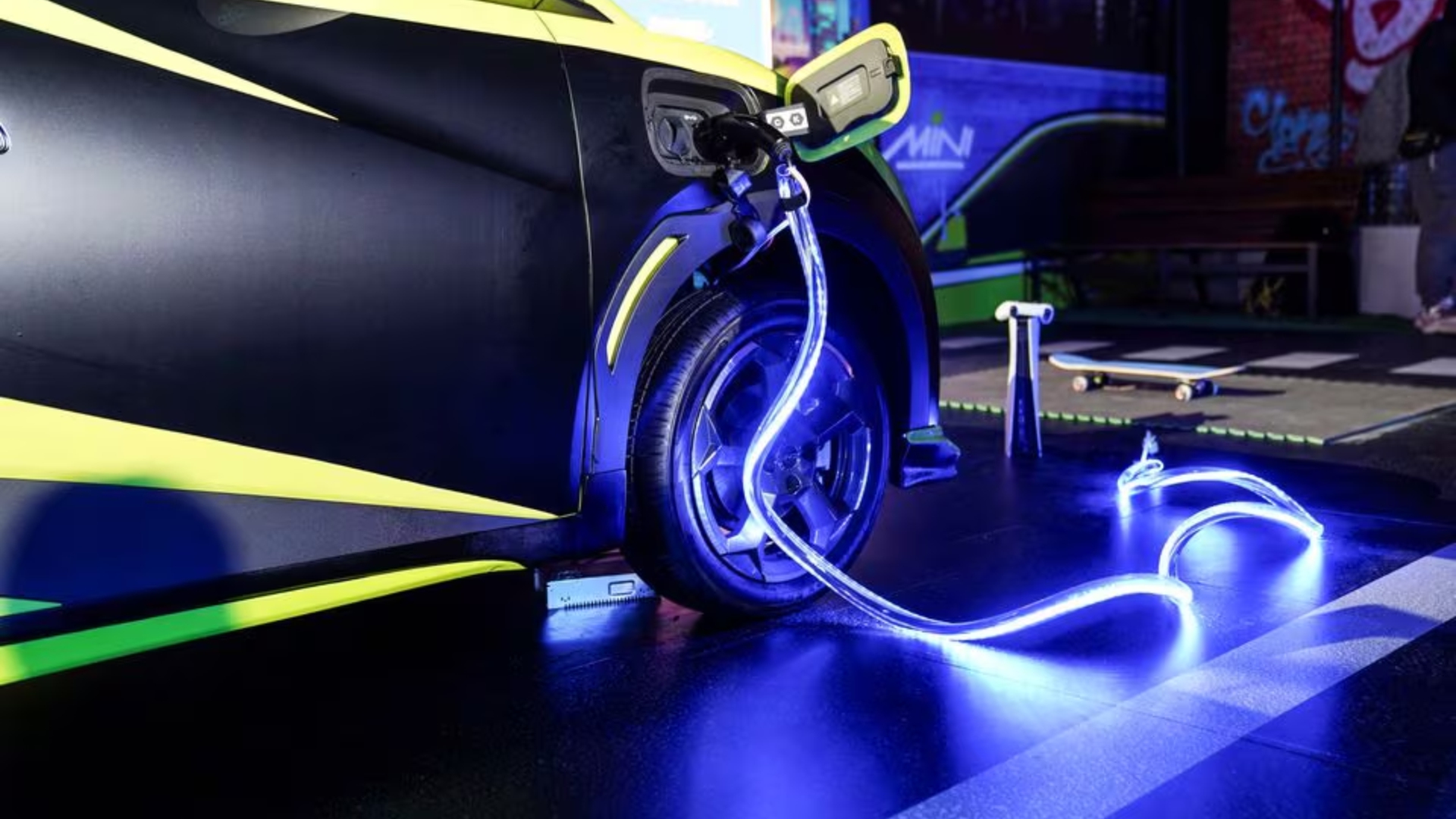Source : PTI | Only 5 % of those looking to buy a four-wheeler in the country are likely to buy an electric car this year, according to a survey. The survey, based on the response of 40,000 people from across 319 districts, also found that more than half of the “existing or prospective car owners” are willing to buy an electric car if it is available in the INR 8-10 lakh price range.
Car sales in India crossed 4 million units last year while 72,321 electric four-wheelers were registered, according to the survey conducted by online consumer pulse aggregator platform, LocalCircles.
If the 5 % of the existing/prospective car owners, as found in the survey, buy one car each and the annual car sales maintains the 2023 numbers, it indicates a demand of 200,000 electric cars this year, LocalCircles said.
Of the 40,000 respondents who participated in the survey — conducted over a period of three months — 42 % are from tier-1 cities, 34 % from tier 2 and the remaining 24 % from tier-3, 4 and rural areas, it said.
About 21 % of the respondents flagged “not enough electric car charging stations in my area/city/ town”, while 12 % said they “don’t know enough about these vehicles”, according to the survey, explaining the relatively low interest for e-four-wheelers.
About 7 % of respondents indicated “not enough choices of models within budget”, while 21 % felt e-cars are “more expensive as compared to regular cars”, the survey said.
The India findings from the “2023 Global Automotive Consumer Study” by Deloitte noted that the demand for EVs continues to centre on the consumer perception that fuel costs will be significantly lower than ICE cars, outweighing the concern for climate change, it said.
Experts say people want to buy electric cars for the driving experience also as there is no engine sound and very little NVH (noise, vibrations, and harshness), which makes the cabin very quiet and comfortable, the platform stated.
Automobile experts point out that while operating costs of an electric car are much less than a petrol version, the time taken to offset the difference in purchase cost would take an average commute of 46km/day, or six years.
For an average commuter, according to the platform, the distance travelled daily would be considerably less than 46km, or 16,790 km annually.











